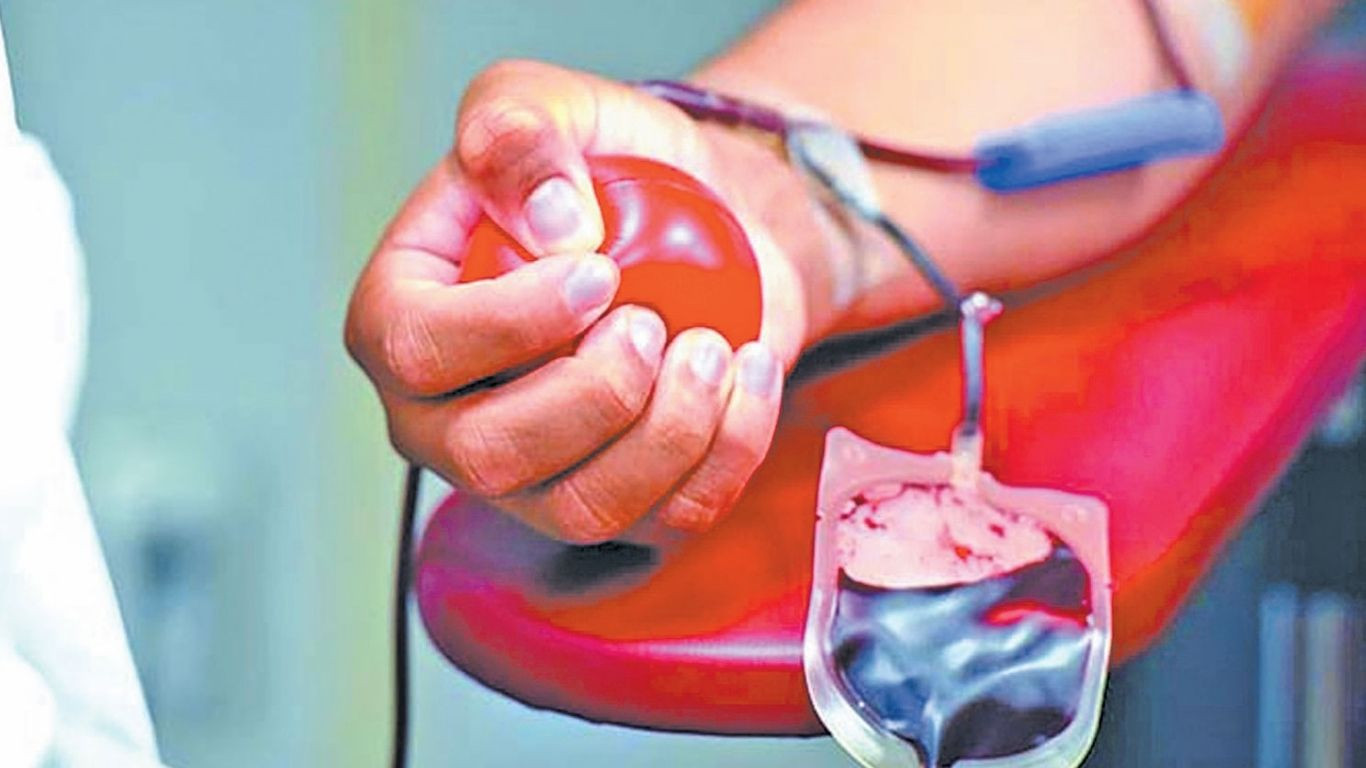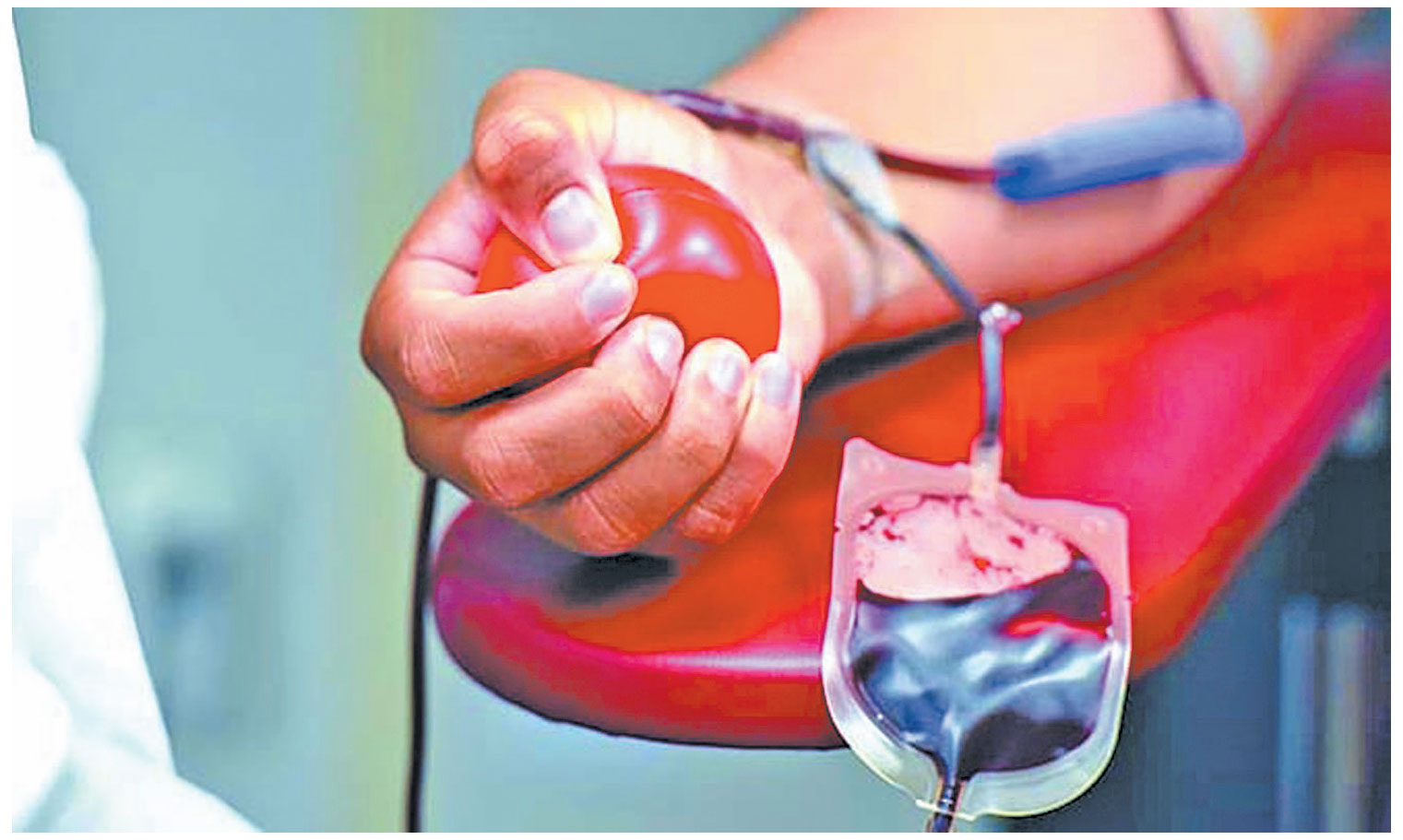
The call came just after midnight. A young woman named Rina had given birth in a district hospital outside Barishal. She was bleeding heavily. The doctors said she needed blood urgently. Her husband, a daily wage labourer, had no money to buy blood from private brokers and no relatives nearby. A local youth volunteer, member of an informal blood donor network, rushed to the scene. By the time, a compatible donor was found, hours had passed. Rina did not make it. Her new-born cried in the arms of a stranger while the hospital emptied around them. This was not a rare tragedy. It was a reflection of how systems fail the poor and the voiceless again and again.
Let’s get one thing straight: blood should not be a privilege. It should not be something you beg for at midnight in a hospital corridor. It should not determine whether a mother survives childbirth or a young accident victim gets a second chance. Yet, in countries like Bangladesh and many others, this remains the grim reality. On World Blood Donor Day, we rightly celebrate donors and their life-saving contributions but we must also confront the uncomfortable truth: safe blood is still not accessible to all. If we fail to ask who has access, who does not, and why this injustice persists, we turn a day of awareness into empty ritual. Behind the banners and slogans are countless lives lost not from rare diseases, but from preventable delays.
Blood is not just a symbol of kinship or sacrifice. It is a matter of infrastructure, policy and power. It is a mirror of how a society values its people. In rural areas, families often run from hospital to hospital with a handwritten note, desperately searching for a match. Brokers exploit the crisis. Blood banks are under stocked and disconnected from the communities that need them most. Disparities between urban and rural care widen the gap. In emergencies, from floods to road crashes, the need escalates and the system collapses. This is not just a public health issue; it is an indictment of whose lives matter enough to be protected.

Blood, in this sense, is like a river. It must flow freely, fairly and without obstruction if life is to flourish. But for many, that river is dammed by systemic neglect, diverted by inequality and polluted by indifference. A just society ensures that its life currents reach everyone, not just those upstream. When blood is allowed to become a commodity or a privilege, the river dries up for the vulnerable. The metaphor is not poetic flourish—it is policy made visible. Where the blood does not flow, justice does not either.
Now consider the role of the youth. Across Bangladesh, young people are often the ones stepping in organising emergency blood drives, coordinating donors and creating informal networks. They are not acting from privilege but from urgency. Their compassion is not a substitute for the state’s responsibility. Applauding their efforts is easy; but fixing the structures that force them to act alone is harder. These young changemakers are not asking for medals but for systems that work. Their activism highlights both the gaps and the possibilities. They must be empowered not only as responders but as architects of a better framework.
We must ask ourselves: why have we allowed blood—a substance we all share—to become yet another marker of inequality? Why must a parent barter time, money or dignity for a pint that should have been ready and waiting? A robust blood system is not a luxury of the developed world; it is a basic feature of a humane one. It speaks volumes about a country’s priorities. When we fail to provide safe blood, we say, in effect, that some lives are worth less effort than others. That is not just inefficient—it is immoral.
To genuinely reform blood donation systems, we must address the underlying structures. A just blood system must be publicly funded, technologically integrated and equitably distributed. Campaigns must challenge outdated myths and taboos, particularly those that prevent women from donating or receiving blood without bias. Stigmas around who can donate must be replaced with science-based policies. And most importantly, healthcare access must be reframed as a right, not a luxury. Accountability must be built into the system from transparent data tracking to community-level oversight. In short, we must shift from reactive solutions to proactive governance.
Today, 14 June, on World Blood Donor Day, let us honour those who give and also remember those who never got the chance to receive. Let us ask our governments not just to thank donors but to build systems worthy of their gifts. If you can, donate blood regularly. If you already do, raise your voice. Push for investment, for transparency, for equity. Let our educational institutions become hubs of ethical leadership and civic responsibility. Because blood is not just about survival—it is about solidarity. It is the red thread that binds us all, not in biology alone but in shared duty. And if we do not ask “Who bleeds for whom?”, we risk accepting silence where there should be action. Let’s not settle for symbolic gratitude when what we need is structural change.
___________________________________________________
The writer is an Assistant Professor in the Department of Philosophy at IUBAT and pursuing a Masters in Human Rights and Multiculturalism at University of South Eastern Norway


